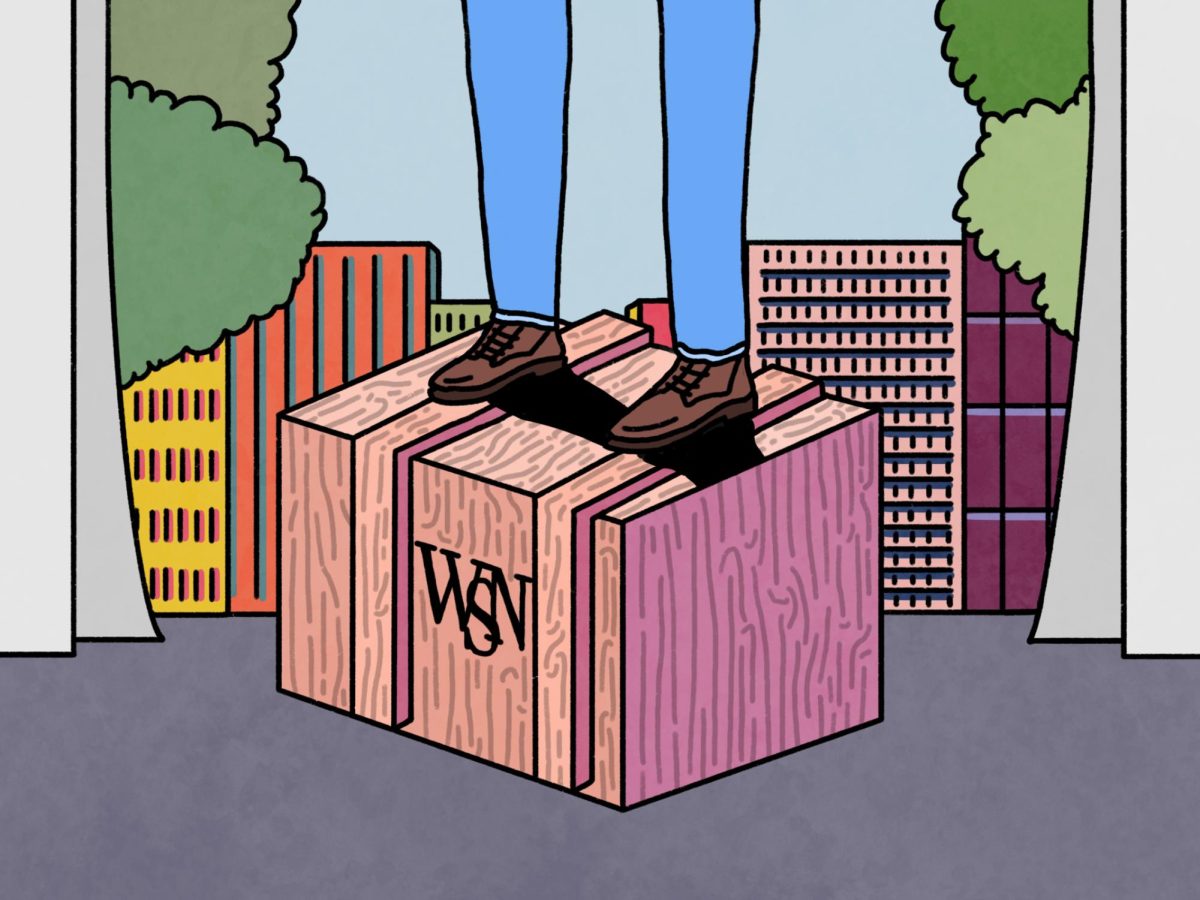In China, largest real estate developer misses debt payments
Chinese real estate developer Country Garden announced that it will miss payment for overseas debt to the Hong Kong Stock Exchange. The real estate titan is on track to default with $187 million in liabilities two years after China Evergrande — once China’s second largest developer — defaulted in 2021.
The missing payments come as the company is experiencing an 81% year-over-year decrease in its property presales. Current macroeconomic conditions — including dwindling foreign investments, tapering population growth and a slow pandemic recovery — have dampened the housing market enough to threaten larger firms.
The Hong Kong Stock Exchange’s stock price is down 10% following the announcement, marking a 70% drop year-to-date. The company will default on its overseas debt if it misses another $15 million payment due on Oct. 17, according to The Guardian.
Evergrande, which went bankrupt in August after year-long defaults, is on the brink of collapse after it pulled out of a restructuring deal due to compliance issues. Country Garden and Evergrande’s struggles point to deeper structural problems within the Chinese real estate market, which some experts say has been an inflating bubble for most of the past decade.
The steep decline in the real estate market has caused a rippling effect on the Chinese economy. The International Monetary Fund dropped China’s annual gross domestic product growth by 0.2% this year and 0.3% next year.
“Looming large over this is, of course, the real estate crisis in China, where you have a number of pre-sold units that have not been completed,” said Pierre-Olivier Gourinchas, the Economic Counsellor and Director of the Research Department at the IMF. “You have developers that are in financial difficulty. You have downward pressure on real estate markets. And there is a general lack of confidence in the household sector about what is going to happen in the real estate market.”
In the UAE, leaders commit to carbon credits
Blue Carbon, a Dubai-based firm owned by a member of the Emirati royal family, signed a memorandum of understanding with the Zimbabwean government to conserve approximately a fifth of Zimbabwe’s landmass for carbon credits for the Arab state. The memo is the latest deal in the Arab nation’s commitment to spend $450 million on carbon credits by 2030 before it hosts the United Nations Climate Change conference later this year.
Carbon credits allow carbon producers to offset their emissions by maintaining land with carbon captured in its natural environment. Despite having no former experience managing carbon offset projects, Blue Carbon has already signed multiple contracts with African nations, including Liberia, Angola, Zambia and Tanzania, in order to meet its $450 million commitment by 2030.
Local attorneys in Zimbabwe have criticized the deal for being untransparent with local communities, noting that the government did not disclose the details of its deal with Blue Carbon. The Independent Forest Monitoring Coordination Mechanism in Liberia cautioned that Blue Carbon’s purchase might violate customary land rights law in Liberia.
Experts worry that purchasing carbon credits and investing in African countries is a ploy for the UAE, an oil producer, to greenwash their emissions from petroleum production. A direct sale of carbon credit from African carbon offset projects to the Emirates could possibly evade oversight.
“There doesn’t have to be a third party involved or third-party oversight,” Kate Dooley, a research fellow at the University of Melbourne’s Climate and Energy College, told Mongabay. “And that’s mentioned a fair bit in the contract, that these deals between Liberia and another government, which perhaps would be the UAE, can agree on what it is they want to trade and what the rules are.”
In Italy, parliament raises country’s deficit
The Italian parliament passed a budget proposal to raise the country’s deficit amid mounting debt. Italy, which is already the second most indebted country in the eurozone after Greece, is hoping to raise more debt as Prime Minister Giorgia Meloni is trying to cut taxes while funding pandemic recovery measures.
After the Italian government revised its economic forecast on Sept. 27 — dropping this year’s GDP growth from 1% to 0.8% and next year’s from 1.5% to 1.2% — it proposed to raise next year’s deficit from 3.7% to 4.3% in an attempt to stimulate economic growth and fund private home improvements.
The European Union has set a deficit gap at 3% of the member’s GDP on all its members and the European Central Bank has committed itself to buying out Italian debt should there be a sell-off. Although experts believe Italy is not likely to follow ECB guidelines, the country has committed to selling off 21 billion euros in assets to raise its debts, and has sold bonds directly to private households to do the same.
Aiming to return to the 3% deficit guideline by 2026, Meloni’s government is negotiating with the ECB to loosen fiscal regulations, which are set to return for the first time next year after the pandemic. Due to the Russia-Ukraine war and overall high inflation, other countries across the eurozone are also likely to fail to meet the regulatory requirements next year. In Italy, opposition parties threaten to take the new budget to court for unnecessarily widening the deficit gap.
“Certainly [the European Commission] will understand the situation, as do many colleagues — European finance ministers who are dealing with an economic slowdown, or in some cases recession,” Italian finance minister Giancarlo Giorgetti told the Financial Times. “The approach is one of responsibility and prudence.”
Contact Samson Tu at [email protected].














































































































































